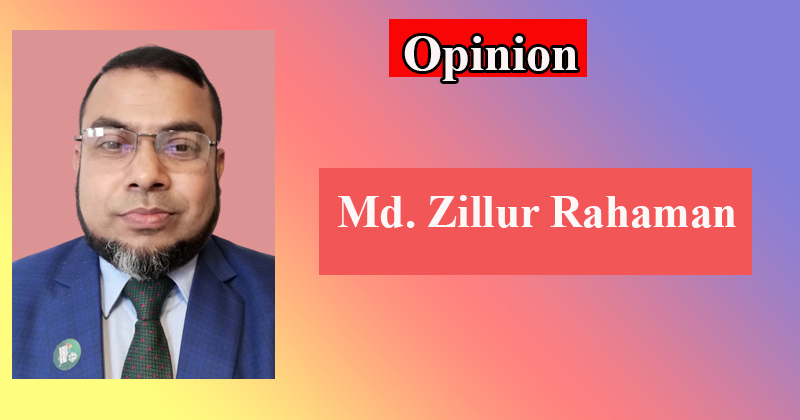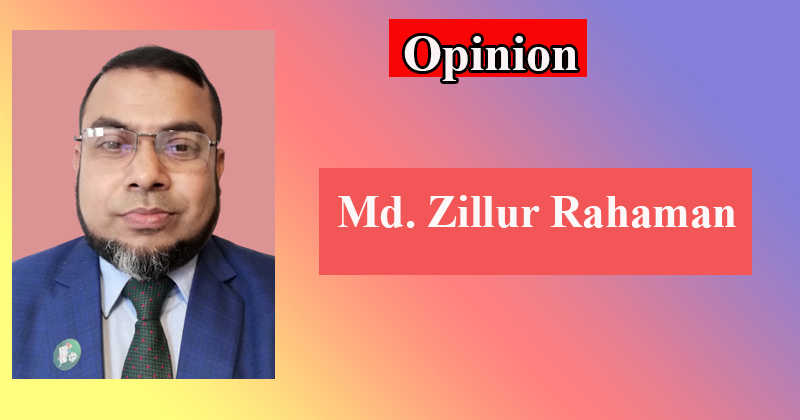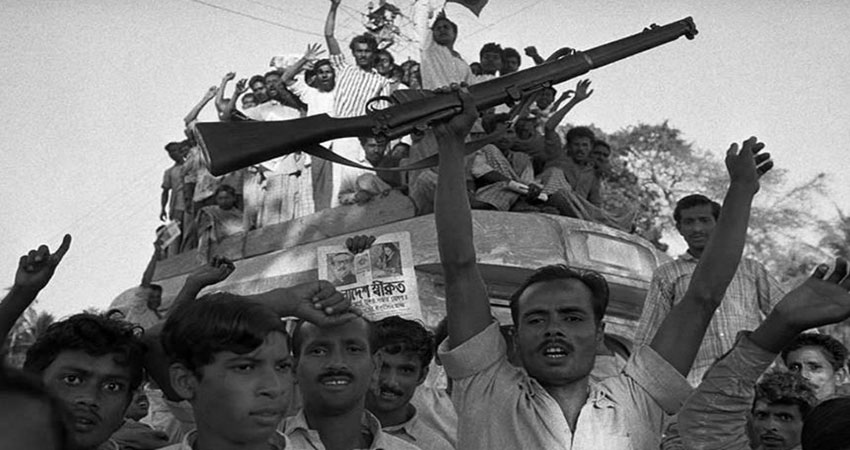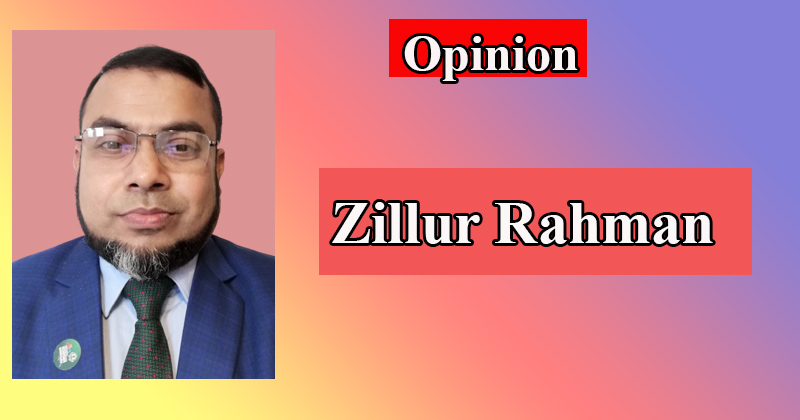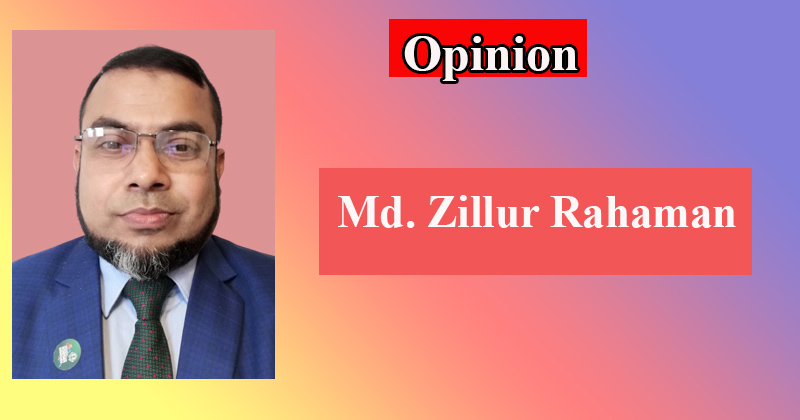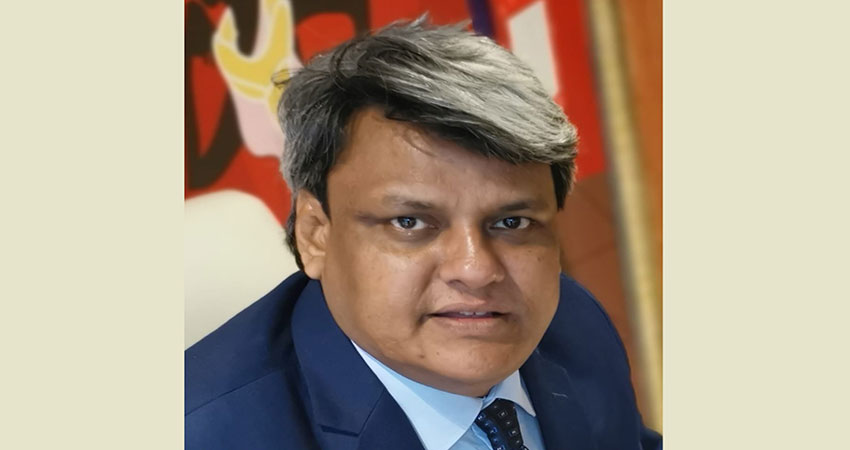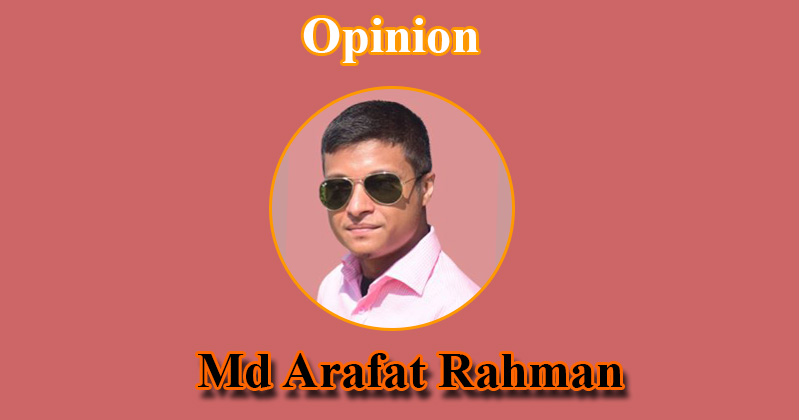It has been a lifetime of observing politicians come and go, rise and decline. My interest in politics began to grow in my early days in school. And that was the time when US under-secretary of state George W Ball visited Pakistan in the Ayub Khan era. To suggest that I understood why Ball was there or what the state of US-Pakistan relations was would be silly on my part. But that politics, at both the national and global levels, excited me has always been the truth.
In November 1981 it was my fervent hope that Dr Kamal Hossain, then the challenger to Justice Abdus Sattar, the incumbent, for Bangladesh’s presidency, would emerge triumphant at the election. With my friends, it was my expectation that six years after the assassinations of Bangabandhu and the four Mujibnagar leaders, Hossain would inaugurate a national journey back to the rule of law.
That expectation was not to be fulfilled, of course. It was a time when politics in Bangladesh was in reverse gear and the forces of anti-history were too well-entrenched to loosen their sinister grip on the country. Today, as I watch Rishi Sunak and Liz Truss going head to head for 10 Downing Street in the United Kingdom, I watch with dismay Sunak’s falling behind his rival in the polls conducted among Conservative Party members.
Sunak is without question the more qualified -- because he understands policy and how to put it in implementation -- than his rival to lead Britain, at least until the next general election. Only a miracle can put him over the top when his party decides on September 5.
In the year 2000 I believed that Al Gore would beat George W Bush in the race for the White House, but when the US Supreme Court intervened to stop the vote count in Florida, it formalized the rise of mediocrity over brilliance. Gore would have made a great president. His work on rolling back climate change has demonstrated his mettle before the world.
A clear moment of happiness for me regarding American politics came in November 1968 when Richard Nixon narrowly won the White House against Hubert Humphrey. Indeed, for a non-American like me, it was pretty nerve-wracking to see the opinion polls pushing up the numbers for Humphrey, Lyndon Johnson’s vice president, threatening to derail Nixon’s expectations. Nixon won, but in 2016 Hillary Clinton, whose mastery of policy details I have always admired, lost to Donald Trump. That was a moment when America on the whole took a slide into the abyss.
I wait to see if Sunak can make it. At the next general election in Britain, given my leftwing views of life, I will expect Keir Starmer to lead the Labour Party back to Downing Street. There is seriousness about him, though I would have preferred Jeremy Corbyn to be party leader. But all of that depends on how the current cost of living crisis is handled by either Sunak or Truss after September 5. Which reminds me of the time when Harold Wilson led Labour to power in 1964 and, six years later, Edward Heath restored the Tories at Downing Street.
I was in London on the morning when Tony Blair and Gordon Brown won a landslide victory in 1997 and cheerfully took charge of Britain. Blair did not quite impress me and my opinion of him dwindled to rock bottom when he, in league with George W Bush, destroyed Iraq. In hindsight, I have always thought that had Brown been prime minister and Blair his deputy in 1997, British politics would have achieved greater substance than it did at the time.
My interest in African politics has been there since the mid-1960s. Mandela, Mugabe, Nkrumah, Sekou Toure, Tafawa Balewa, Hastings Kamuzu Banda, Lumumba, Ojukwu, Senghor, Nyerere, Kaunda, Kenyatta and so many others have been part of the political landscape I have travelled between my schooldays and till these present late 60s of my life.
Of late the new president of Zambia, Hakainde Hichilema, has seemed to me to be a remarkable politician. He speaks well, has a clear comprehension of what his country needs, and is a man who does not flaunt power. Listening to Hichilema makes me wonder why such political beings are so much a rarity in our times.
All is not lost, however. You only have to take a peek into South America, where leftwing politicians have been giving rise to creative storms by going to power. Gabriel Boric in Chile, Gustavo Petro in Colombia, Luis Arce in Bolivia -- and add Venezuela’s Maduro to the list -- inject hope into people’s lives everywhere through their programmes, resting as they do on pragmatism.
These leaders are hints of the future, if they are careful about international conspiracies aimed at bumping them off. Having observed the world, I am yet pained at memories of the tragic end of Salvador Allende. And I recall how brazenly the Brazilian military overthrew Joao Goulart in 1964 and plunged the country into a long stretch of darkness.
ADVERTISEMENT
dt-ad
Mikhail Gorbachev’s arrival on the world stage in March 1985 was for me and for millions like me a moment of joy. Here was a sophisticated communist leader ready to tackle the likes of Ronald Reagan, ready to give the world a brand of socialism other nations could emulate. But then, Gorbachev disappointed us all.
When the Soviet Union fell apart, it was heartbreak for people nearly everywhere. I recall that when Brezhnev and his Warsaw Pact allies undermined Czechoslovakia’s Alexander Dubcek in 1968 and threw him out of power, it took me quite a while to tell myself that Brezhnev had veered away from the politics of Vladimir Ilyich Lenin.
But I look at China these days, indeed have been a keen observer of its politics since the times of Mao Zedong and Zhou En-lai. The Chinese Communist Party did not make mistakes as Gorbachev did. It liberalized the economy but ensured that it remained on top of politics.
Xi Jinping may have changed the constitution to keep himself in power for an unlimited number of years, but that he has been taking China to impressive newer heights is beyond question. Xi has demonstrated forceful leadership and put every other leader, particularly in the West, on notice about China’s perceptions of its future in the global scheme of things.
Since my schooldays, I have seen leaders rise and fall and decline. I have observed the presidential ambitions of Eugene McCarthy, America’s poet-politician, destroyed by the carpetbagger politics of Robert Kennedy. I have admired Nixon for his grasp of foreign affairs, but his failure to come to the aid of Bengalis in 1971 was a shame for him and his administration.
Bill Clinton and Barack Obama, proper intellectuals in their worldviews, have impressed me with their wide reading.
For me, politics lost some of its shine when the CPB’s Mohammad Farhad died so young. Had he lived, he would have made a difference for all of us in this country.
When Algeria’s Houari Boumedienne died of brain haemorrhage, I found it hard to grieve, for he had overthrown the iconic Ben Bella in 1965. When Tanzania’s Julius Nyerere, Mwalimu to his people, passed away, I wrote of my anguish in the condolence book at his country’s embassy in London.
I was thrilled when Ferdinand Marcos was sworn in as president of the Philippines in 1965 and overjoyed when a people power revolution pushed him into exile in 1986. That image of a murdered Benigno Aquino Jr sprawled on the tarmac at Manila airport is tragedy I do not forget.
Syed Badrul Ahsan is a journalist and biographer.
Source: DT












